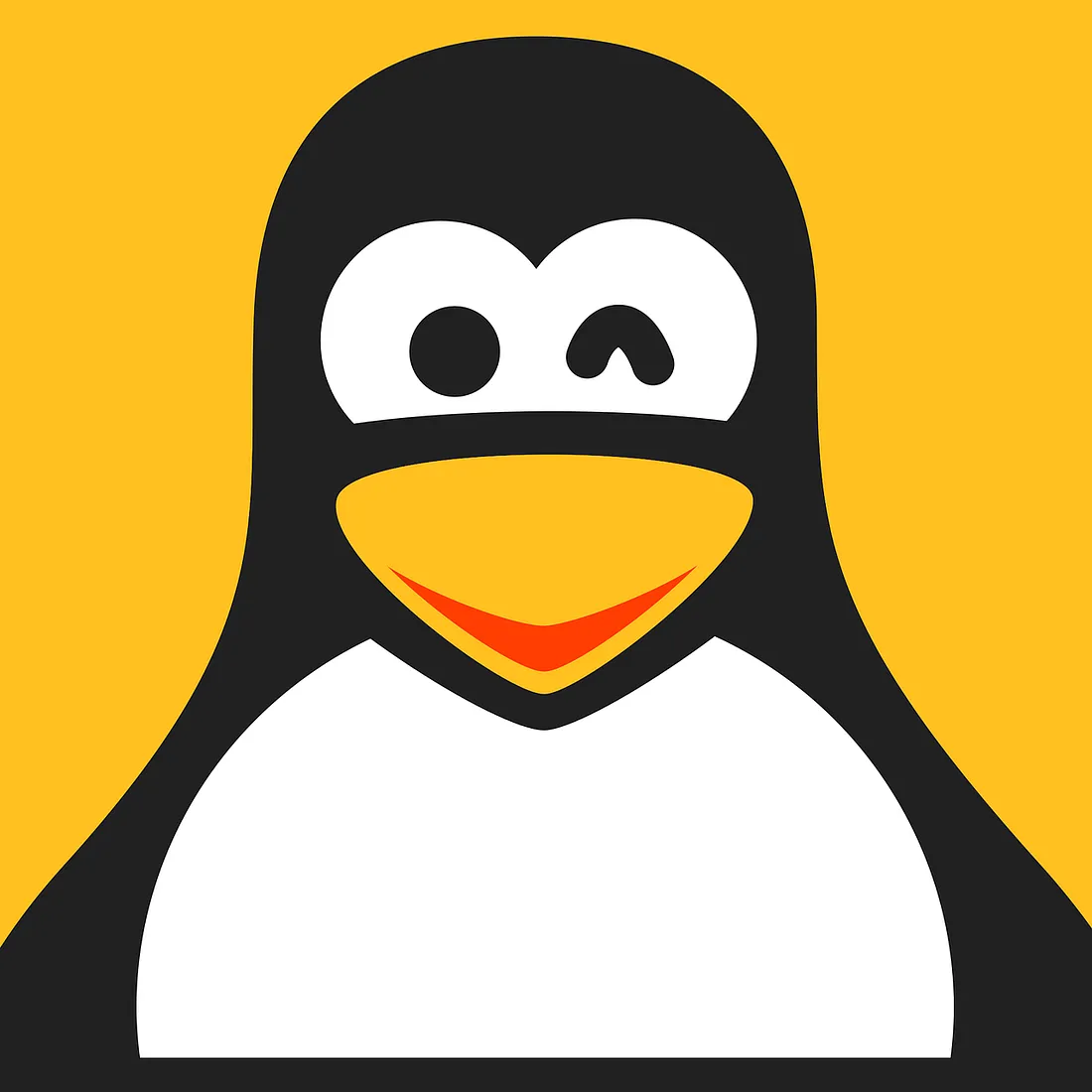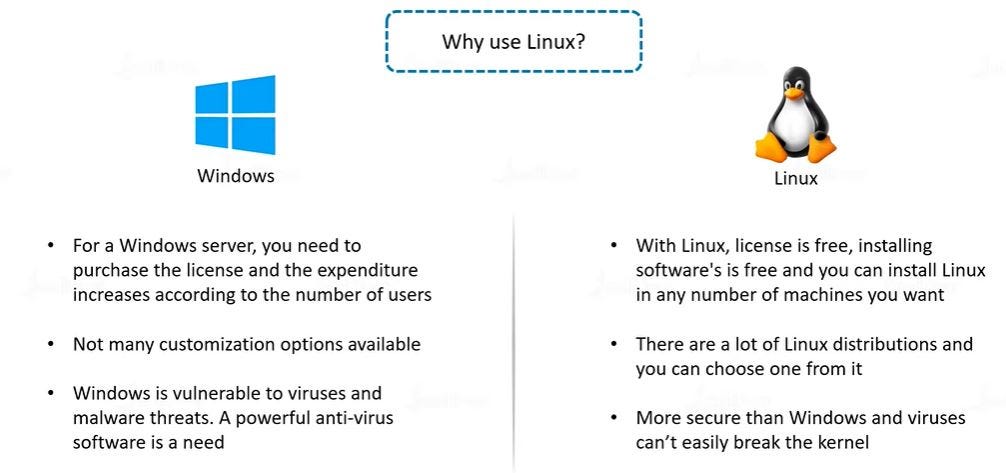Linux Unleashed: A Journey into Open-Source Mastery
 Chandana Mahapatra
Chandana Mahapatra
Introduction to Linux ( 3 W's of Linux)
1.1 What is Linux?
Linux is a computer operating system, similar to Windows or macOS, but it stands out because it's both free and open for everyone to use and customize. It's renowned for its stability, security, and flexibility, and it's commonly employed to operate servers, control devices, and run personal computers. The term "open-source" is used to describe it, indicating that its software and projects provide access to their source code, the underlying set of instructions that make the software function, and this code is available for anyone to examine, modify, and share without any restrictions.
It was created by Linus Torvalds in 1991. It has since become the foundation for various Linux distributions (often called "distros") that combine the Linux kernel with a collection of software to create complete operating systems.
1.2 Why Linux?
Linux is a popular choice for servers for several key reasons:
Stability: Linux is known for its stability, which is crucial for server environments where continuous uptime is essential.
Open Source: Being open-source, Linux allows for customization, making it a versatile option for server configurations.
Security: Linux benefits from strong security features and active community support for timely updates, which are so effective that Linux systems typically do not require antivirus software, unlike some other operating systems.
Cost-Effective: Linux is cost-effective due to its open-source nature and the absence of licensing fees.
Scalability: It scales well, accommodating the needs of various server sizes and workloads.
Customizability: Administrators can tailor Linux to meet specific server requirements.
Kernel Options: The ability to use custom kernel versions allows for fine-tuning and optimization.
Large Software Ecosystem: Linux offers a wide range of software and tools, many of which are also open-source and free.
Community and Support: The Linux community provides extensive support and resources, and commercial Linux vendors offer paid support options for businesses.
Server Performance: Linux is often the preferred choice for server environments due to its efficiency and performance.
Licensing Flexibility: Linux's open-source licenses give companies more control and flexibility over how they use and modify the software.
Compatibility: Linux can run on a variety of hardware platforms, offering compatibility with different systems.

1.3 Where is Linux?
Linux is everywhere even at those places where most of us have not even thought. Tiny machines to Gaint Supercomputers are powered by Linux.
Many companies and organizations around the world use Linux in various capacities. Some well-known examples include:
Google: Google uses a customized version of Linux for its servers and the Android operating system for mobile devices.
Amazon: Amazon's cloud computing platform, Amazon Web Services (AWS), relies heavily on Linux for its infrastructure.
Facebook: Facebook uses Linux extensively for its web servers and data centers.
Netflix: Netflix's streaming service runs on servers powered by Linux.
IBM: IBM is a significant contributor to the Linux community and offers Linux-based solutions and services.
Tesla: Tesla's electric vehicles use a customized Linux distribution for their onboard systems.
Red Hat: Red Hat, a subsidiary of IBM, provides enterprise-level Linux solutions and support to a wide range of businesses.
SpaceX: SpaceX uses Linux for its spacecraft and related systems.
Twitter: Twitter uses Linux for its back-end infrastructure.
Walmart: Walmart uses Linux for various retail and e-commerce services.
These are just a few examples, and Linux is widely adopted in various industries, including technology, finance, healthcare, and many others. Its open-source nature and versatility make it a popular choice for a broad range of applications.
Happy Learning :)
Subscribe to my newsletter
Read articles from Chandana Mahapatra directly inside your inbox. Subscribe to the newsletter, and don't miss out.
Written by

Chandana Mahapatra
Chandana Mahapatra
🚀 Java Microservices Developer | AWS Cloud & DevOps Enthusiast 🚀 Passionate about crafting scalable Java microservices solutions. Expertise in AWS, Terraform, and DevOps practices. Let's build the future together!